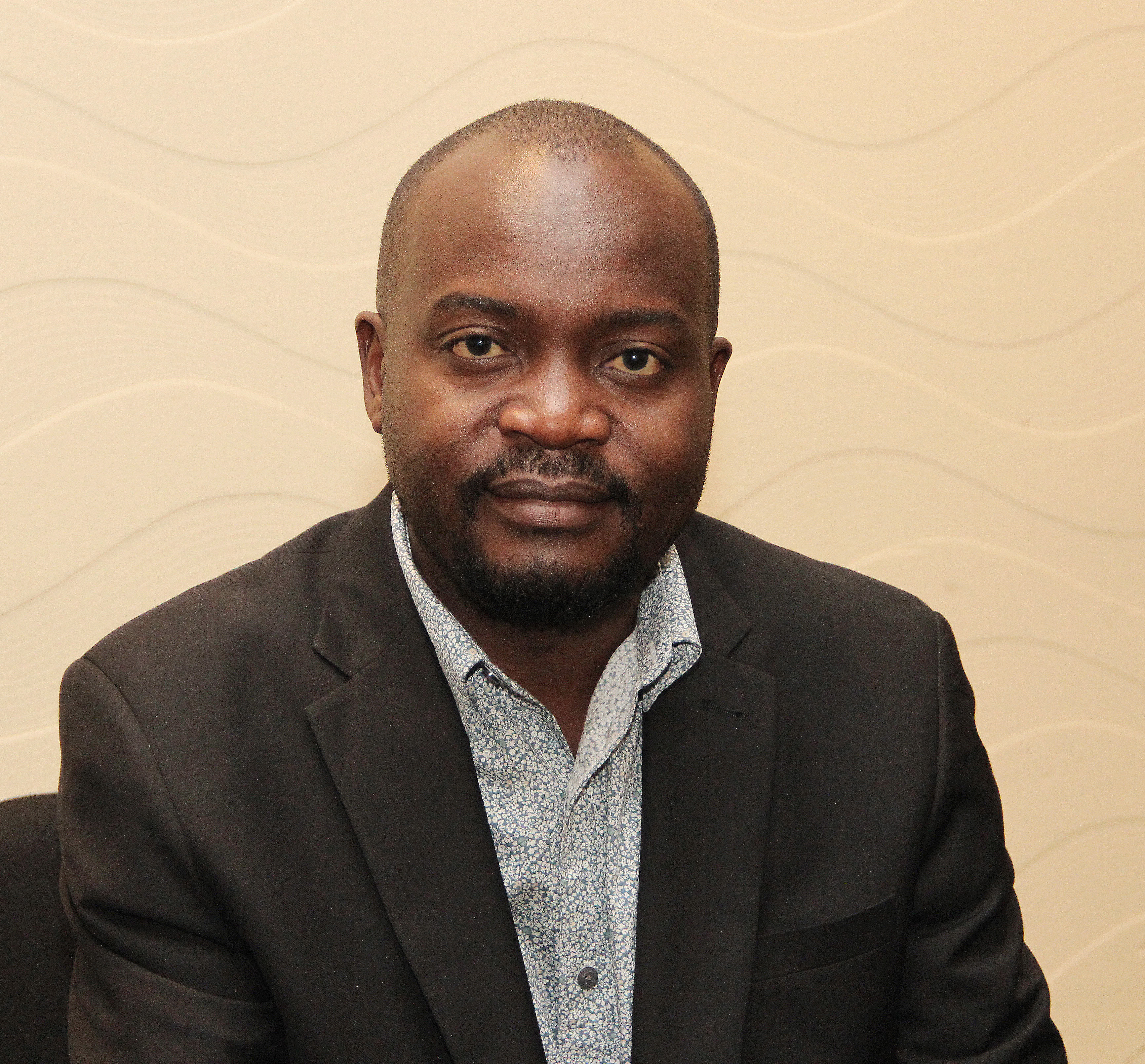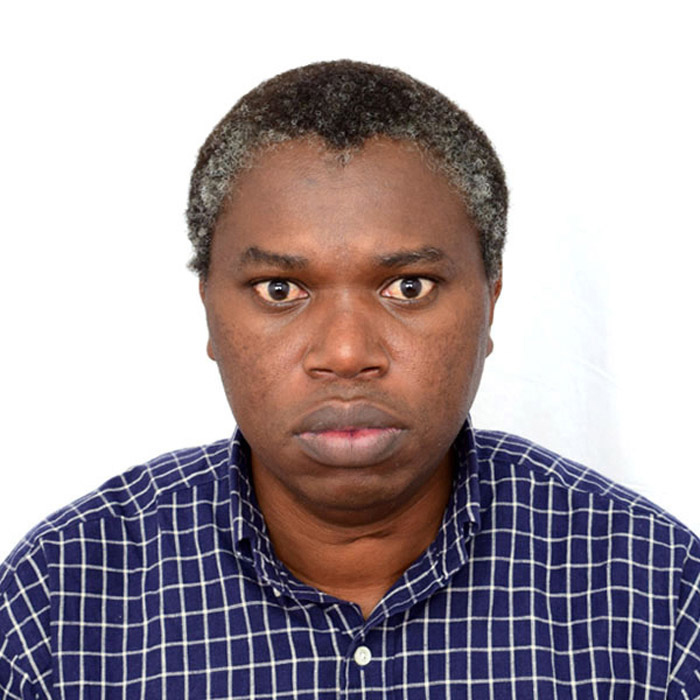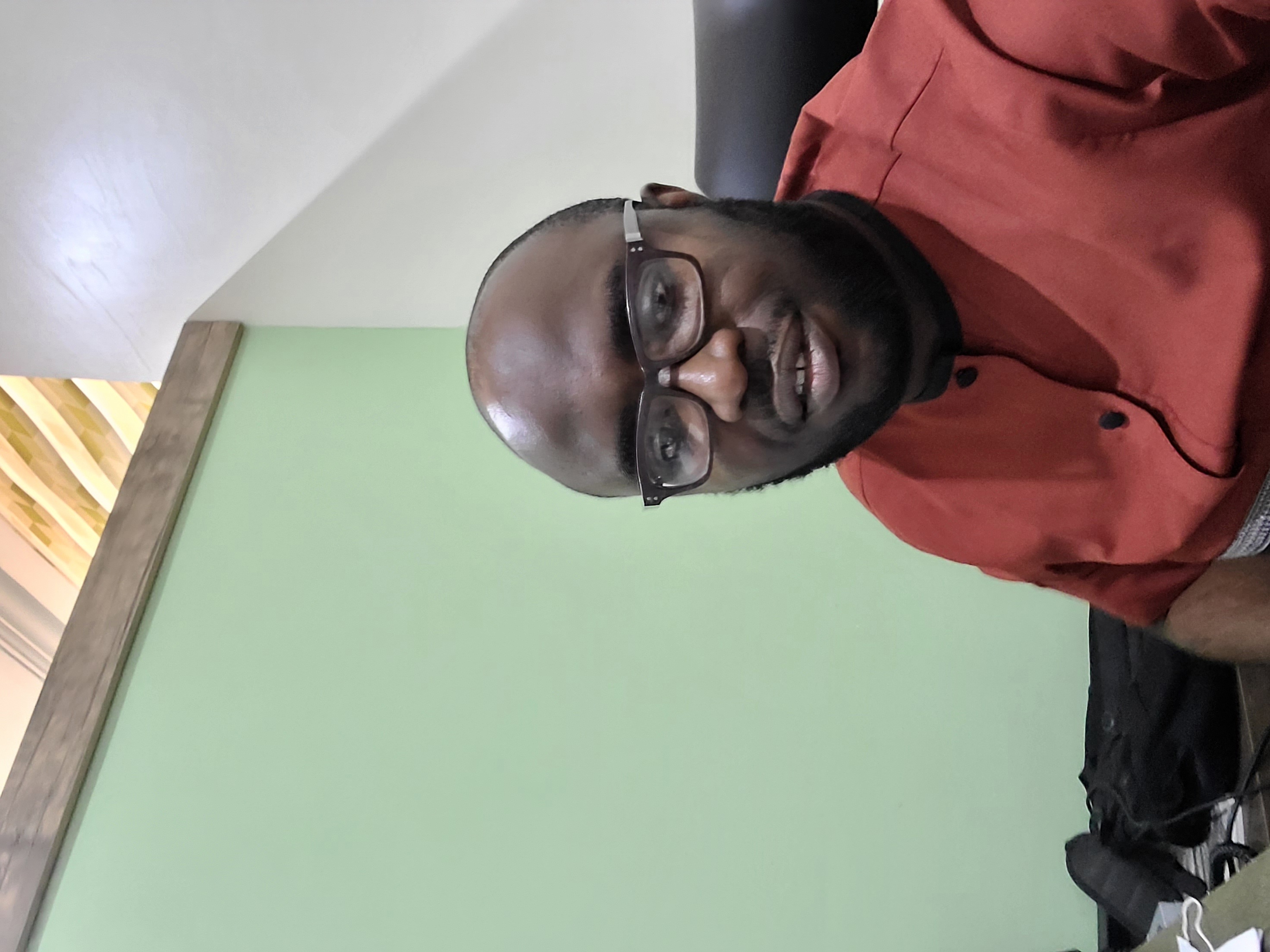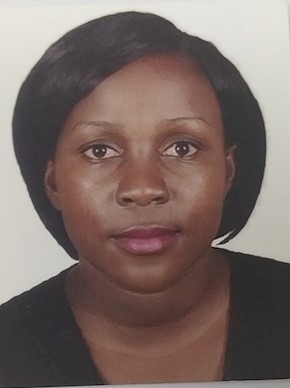

Dr
Deogratius Ssemwanga
Current Organisation
MRC/UVRI and LSHTM Uganda Research Unit
Current Job Title
Senior Scientist
Biography
Publications
Project Title
Immunological Selection of Recombinants following HIV-1 Superinfection
EDCTP Project
TMA2015CDF982
EDCTP Program
EDCTP2
EDCTP Project Call
Career Development Fellowship (CDF)
Host Organisation
| Department | Institution | Country |
|---|---|---|
| MRC/UVRI & LSHTM Uganda Research Unit | Uganda Virus Research Institute | UG |
Project Objectives
• To determine the recombination rate following superinfection • To determine the role of immune selection on recombination • To determine effect of recombination on viral persistence by immune escape • To determine the effect of recombination on disease progression
Study Design
Longitudinal cohort study, with a nested matched case-control study
Project Summary
We aim to investigate the role of immune responses among individuals with established HIV infection who subsequently acquire new HIV strains, a phenomenon known as HIV superinfection (SI), and delineate the evolutionary pathways of mosaic recombinant viruses between initial and SI strains. We hypothesize that HIV-1 recombination: a) rate is high immediately after superinfection, b) is not random but due to immune selection, c) facilitates immune escape, and d) accelerates disease progression. Study objective: To determine the recombination rate following superinfection, it’s causes (immune selection) and its consequences for the virus (persistence by immune escape) and for the host (accelerates disease progression). Methods: Fifteen individuals will initially be included in this study; these are previously confirmed SI (n=8) and multiple infected (n=7) cases among female sex workers. Other SI cases identified during an on-going screening from three cohorts will also be included in the study; the female sex worker cohort in Kampala, the fisher folk communities along the shores of Lake Victoria and in the General Population Cohort in rural South-western Uganda. Superinfection will be defined as participants with phylogenetically distinct HIV-1 strains using next generation sequencing (NGS) of partial p24 and gp41 genomic regions. The SI cases will be confirmed by full envelope Single Genome Sequencing. In SI cases, near full-length genome NGS will be performed on longitudinal plasma samples taken after SI and analyzed for recombination using the Iterative Virus Assembler (IVA) pipeline, REGA subtyping tool, jumping profile Hidden Markov Model (jpHMM) and Simplot software. In SI cases, we will generate pseudotyped virus stocks from autologous viral envelope genes representing initial infecting virus, the SI virus and their recombinant strains. These pseudoviruses will be tested against autologous longitudinal serum (pre- and post SI). The NAb assays will be done using autologous pseudoviruses and TZM/bl cells expressing the reporter gene luciferase. We will evaluate CTL epitopes by comparing full HIV proteomes from SI cases and controls to analyse and identify predicted Human Leucocyte Antigen (HLA)-restricted CTL epitopes with special interest in epitopes mapped to recombination sites. High resolution HLA typing on SI cases and controls will be done to evaluate if there is genetic predisposition to HIV-1 superinfection and emergence of recombinants. This fellowship gives me an opportunity to train and develop clinical Biomedical research skills. A panel of envelope pseudoviruses representing pre-SI, SI and recombinant strains will be made freely available for future evaluation of vaccine candidates


